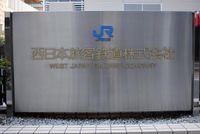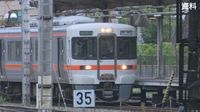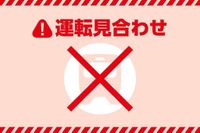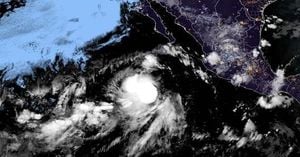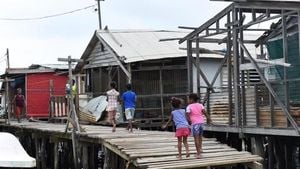On March 19, 2025, widespread transport disruptions occurred across several railway lines in Japan following the discovery of fallen bamboo. The JR Minobu Line, JR Central Line, and JR Iida Line all suspended operations in response to safety concerns, showcasing how natural factors continue to pose challenges to public transport systems.
The JR Minobu Line temporarily halted train services around 6:30 AM after a train operator spotted logs leaning dangerously over the tracks between Shimobe-onsen Station and Kajikazawai Station. The fallen bamboo forced a complete suspension of operations on both up and down lines stretching to Kajikazawaguchi. The line is expected to resume by approximately 3:00 PM the same day. This incident reflects the heightened vigilance of railway operators concerning passenger safety, securing the area before inspection teams evaluate the tracks.
In a related incident on the same morning, JR Central Line and JR Iida Line also faced interruptions due to similar circumstances. Reports indicated that by 9:05 AM, the Central Line was experiencing operational halts between Mizunami and Kiso-Fukushima, while the Iida Line faced interruptions between Hiruoka and Iida, and Ina-Oshima and Komagane. The interlinked nature of these disruptions throughout the railway network has not only altered the daily commutes for many travelers but highlights the unforeseen obstacles railway systems encounter.
JR Tokai, the operator of the Central Line, confirmed the contact between a freight train and the fallen bamboo, prompting immediate assessments of the track conditions to prevent injury or further disruptions. Shortly after, the Takayama Line, which had briefly suspended operations between Hida-Hagiwara and Hida-Kokufu due to similar incidents, managed to resume services around 9:00 AM, signaling a prompt response to the challenges posed.
These incidents prompt further discussions about the susceptibility of infrastructure to natural events such as wind and falling vegetation. On the same day, operations on the JR Kosei Line were also disrupted due to strong winds affecting travel, demonstrating how weather can significantly impact the reliability of transportation networks.
Residents in the affected areas expressed concern regarding the frequency of such disruptions. Local commuter Hideki Yamamoto shared, "It’s becoming a regular occurrence. We need assurances from the railway company that they are taking preventive measures." This sentiment weighs heavily on travelers who rely heavily on public transport for work and daily activities.
In light of these events, railway operators must take a proactive role in monitoring overgrown vegetation and conducting regular maintenance checks to minimize infrastructural vulnerabilities. The combination of fallen bamboo and harsh weather restrictions raises essential questions about the resilience and preparedness of transport services against nature's unpredictability.
While public safety remains the priority, the growing disruptions could push local authorities to consider further investment into infrastructure enhancements, including mobility solutions and vegetation management within proximity of railway lines. Passengers deserve a reliable transport system—one that anticipates and mitigates disruptions beforehand.
Overall, the continued vigilance from railway operators and the timely responses in resolving these incidents show an ongoing commitment to passenger safety while also emphasizing the need for further improvements in infrastructure resilience to safeguard against nature's effects and ensure that commuters can depend on their transport services.

